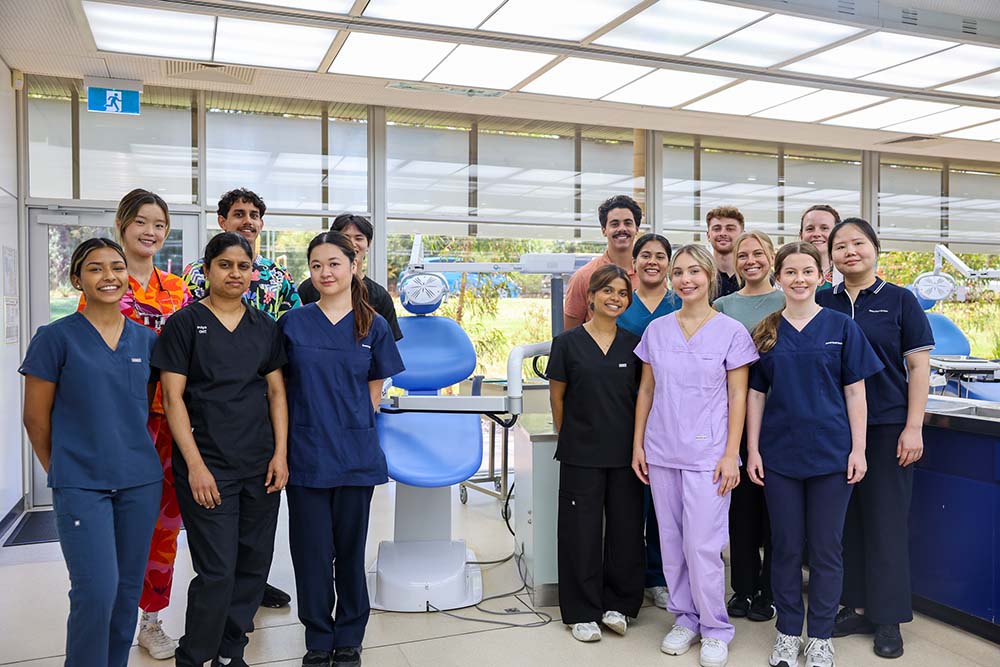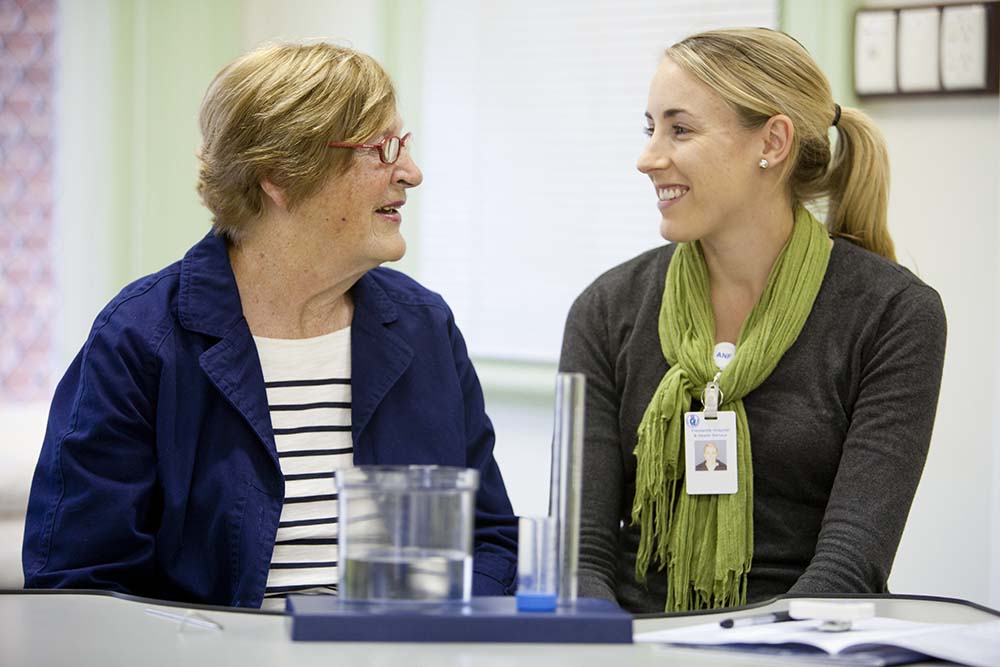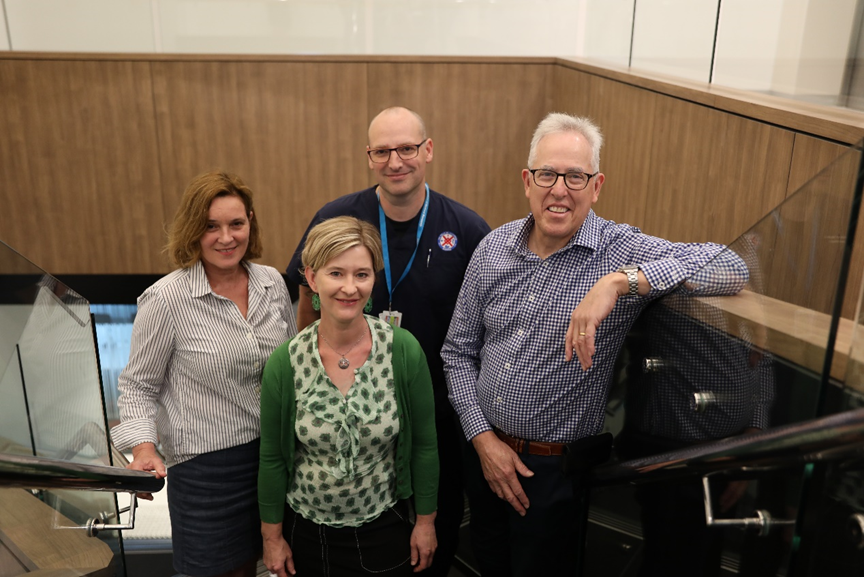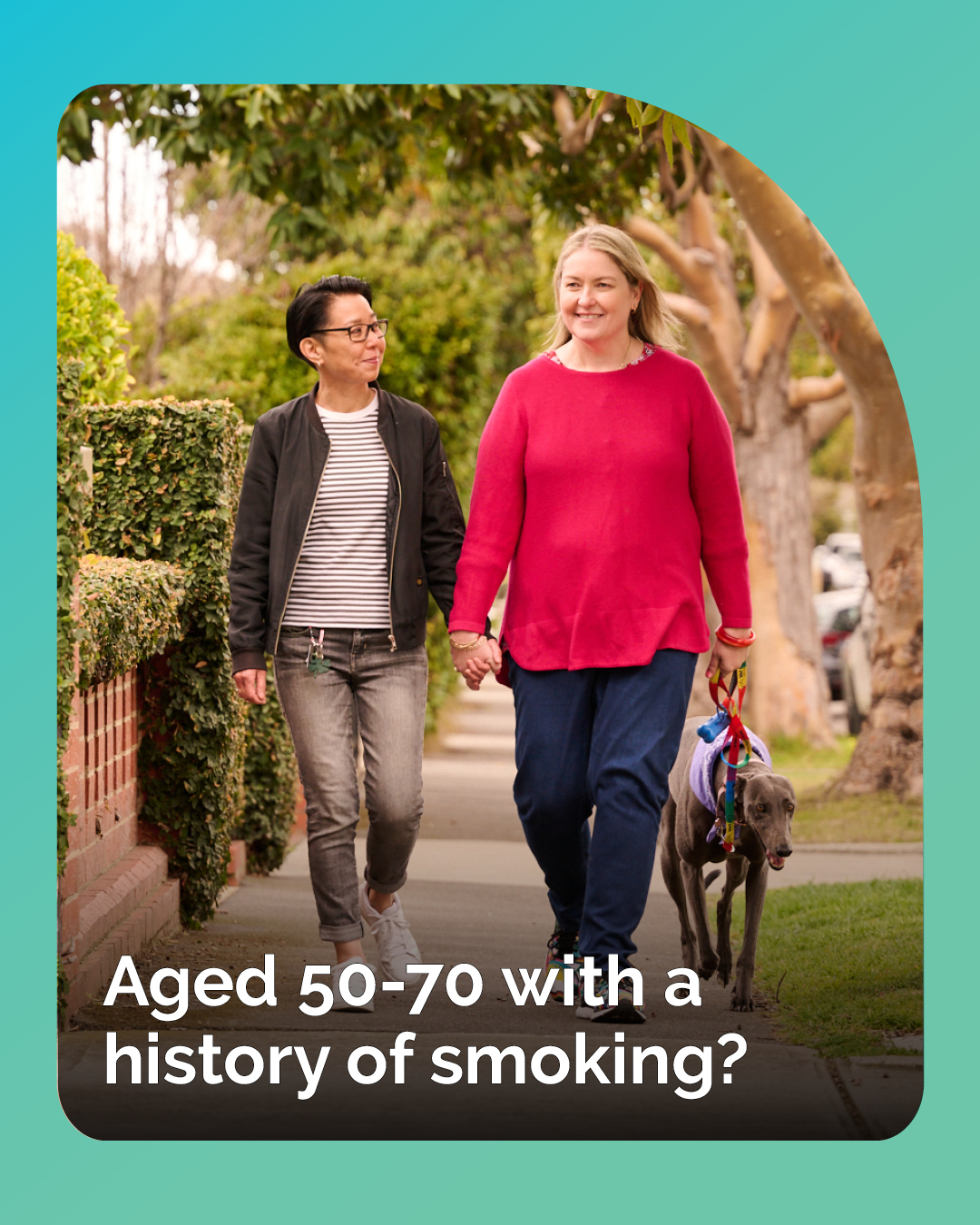Latest News
More News
-
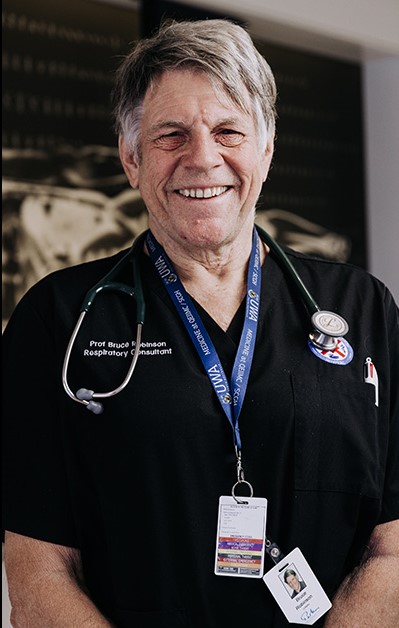 Congratulations Professor Bruce Robinson 16 November 2022 Professor Bruce Robinson, SCGH Respiratory Medicine Specialist and Professor of Medicine UWA, has been awarded the Cancer Council WA Researcher Career Achievement Award 2022. The award recognises a senior cancer researcher who has a history of significant achievement in cancer research and a strong record of leadership in administration, advocacy, and promotion of cancer research. Bruce has made an exceptional contribution to cancer research locally, nationally, and internationally, with an impressive track record of leadership, mentorship and collaboration. The outcomes and outputs of Professor Robinson’s research program have led to critical and longstanding improvements in terms of disease burden due to asbestos cancers, mesothelioma and lung cancer. It is due to this contribution that Perth is recognised as one of the leading research locations for mesothelioma. Professor Rob...
Congratulations Professor Bruce Robinson 16 November 2022 Professor Bruce Robinson, SCGH Respiratory Medicine Specialist and Professor of Medicine UWA, has been awarded the Cancer Council WA Researcher Career Achievement Award 2022. The award recognises a senior cancer researcher who has a history of significant achievement in cancer research and a strong record of leadership in administration, advocacy, and promotion of cancer research. Bruce has made an exceptional contribution to cancer research locally, nationally, and internationally, with an impressive track record of leadership, mentorship and collaboration. The outcomes and outputs of Professor Robinson’s research program have led to critical and longstanding improvements in terms of disease burden due to asbestos cancers, mesothelioma and lung cancer. It is due to this contribution that Perth is recognised as one of the leading research locations for mesothelioma. Professor Rob... -
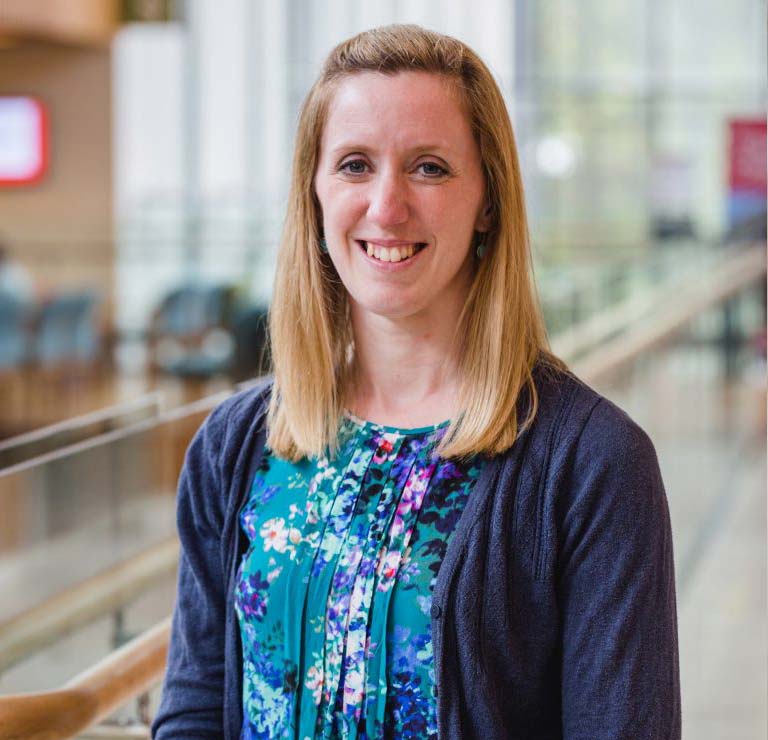 Congratulations Dr Kat Lewis 15 November 2022 Dr. Katharine Lewis, Haematology Fellow at SCGH, has been awarded Cancer Council WA Early Career Researcher of the Year 2022. The award recognises an emerging cancer researcher who has made a significant advance in cancer research within the last 18 – 24 months. A passionate early career lymphoma researcher, Katherine has led a number of international studies and made significant contributions to leadership and collaborations within the WA lymphoma research community. The Cancer Council is the largest charitable funder of independent cancer research in WA. In the 2021/2022 financial year they invested over $2.5 million to support 102 local cancer researchers across 42 projects. They established the WA Research Excellence Awards in 2013 to recognise and celebrate the achievements of Western Australia’s best and brightest cancer researchers. The awards also provide encouragem...
Congratulations Dr Kat Lewis 15 November 2022 Dr. Katharine Lewis, Haematology Fellow at SCGH, has been awarded Cancer Council WA Early Career Researcher of the Year 2022. The award recognises an emerging cancer researcher who has made a significant advance in cancer research within the last 18 – 24 months. A passionate early career lymphoma researcher, Katherine has led a number of international studies and made significant contributions to leadership and collaborations within the WA lymphoma research community. The Cancer Council is the largest charitable funder of independent cancer research in WA. In the 2021/2022 financial year they invested over $2.5 million to support 102 local cancer researchers across 42 projects. They established the WA Research Excellence Awards in 2013 to recognise and celebrate the achievements of Western Australia’s best and brightest cancer researchers. The awards also provide encouragem... -
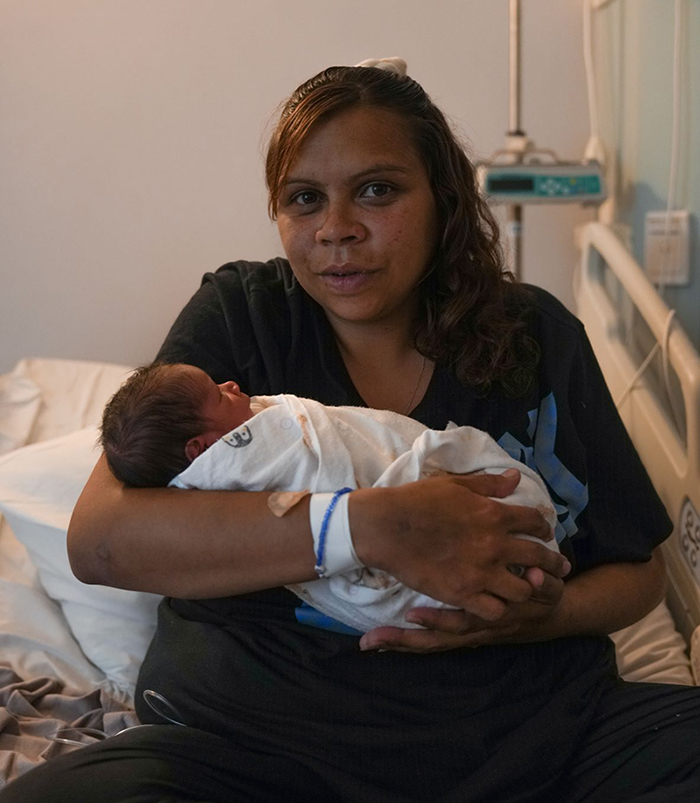 Protecting our Koorlongka 15 November 2022 The provision of culturally safe immunisation education to mothers of Aboriginal infants has taken a positive step forward thanks to the Metropolitan Communicable Disease Control (MCDC) team and the Innovative Future (IF) Program. After a successful IF application and Shark Tank pitch, Naomi Nelson, Aboriginal Health Coordinator at MCDC has led a public health team in an innovative project designed to reduce the risk of Aboriginal children (Koorlongka) acquiring vaccine preventable illnesses. With IF Program support and funding, the MCDC team, in partnership with social workers, Aboriginal health liaison officers and midwives at King Edward Memorial Hospital (KEMH) have piloted an early engagement program based on a South Australian initiative. The one-year pilot commenced in May this year and provides mothers with immunisation education and a baby pack which were developed in collaborat...
Protecting our Koorlongka 15 November 2022 The provision of culturally safe immunisation education to mothers of Aboriginal infants has taken a positive step forward thanks to the Metropolitan Communicable Disease Control (MCDC) team and the Innovative Future (IF) Program. After a successful IF application and Shark Tank pitch, Naomi Nelson, Aboriginal Health Coordinator at MCDC has led a public health team in an innovative project designed to reduce the risk of Aboriginal children (Koorlongka) acquiring vaccine preventable illnesses. With IF Program support and funding, the MCDC team, in partnership with social workers, Aboriginal health liaison officers and midwives at King Edward Memorial Hospital (KEMH) have piloted an early engagement program based on a South Australian initiative. The one-year pilot commenced in May this year and provides mothers with immunisation education and a baby pack which were developed in collaborat... -
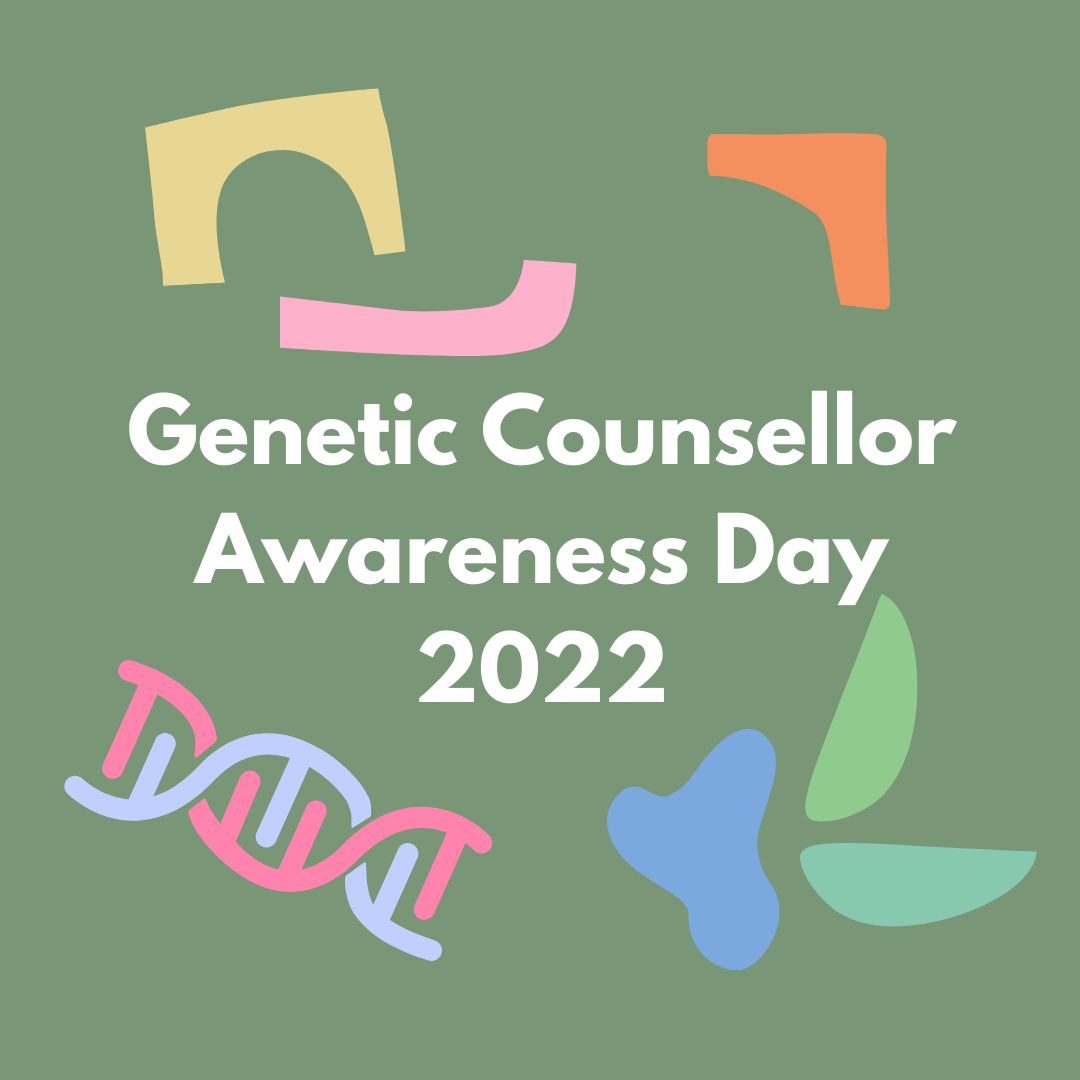 Celebrating Genetic Counsellors 10 November 2022 Genetic Counsellor Awareness Day is internationally celebrated to raise awareness and interest about the profession and the valuable role it plays in health care. November 12 is Genetic Counsellor Awareness Day. Genetic counsellors work in many areas of healthcare, including cancer, pregnancy, cardiology, neurology, infertility, paediatric, and adult medicine. Many work directly with patients in various healthcare settings, while others do research or work in education, public health, academia, laboratories, or in industry settings. Here at Genetic Services WA our team provide a full range of programs relevant to the modern practice of medical genetics and genetic counsellors work in a variety of areas including, cancer, pregnancy, cardiology, neurology, infertility, paediatric and adult medicine. Throughout the COVID pandemic Telehealth has played a huge role in delivering genetic coun...
Celebrating Genetic Counsellors 10 November 2022 Genetic Counsellor Awareness Day is internationally celebrated to raise awareness and interest about the profession and the valuable role it plays in health care. November 12 is Genetic Counsellor Awareness Day. Genetic counsellors work in many areas of healthcare, including cancer, pregnancy, cardiology, neurology, infertility, paediatric, and adult medicine. Many work directly with patients in various healthcare settings, while others do research or work in education, public health, academia, laboratories, or in industry settings. Here at Genetic Services WA our team provide a full range of programs relevant to the modern practice of medical genetics and genetic counsellors work in a variety of areas including, cancer, pregnancy, cardiology, neurology, infertility, paediatric and adult medicine. Throughout the COVID pandemic Telehealth has played a huge role in delivering genetic coun... -
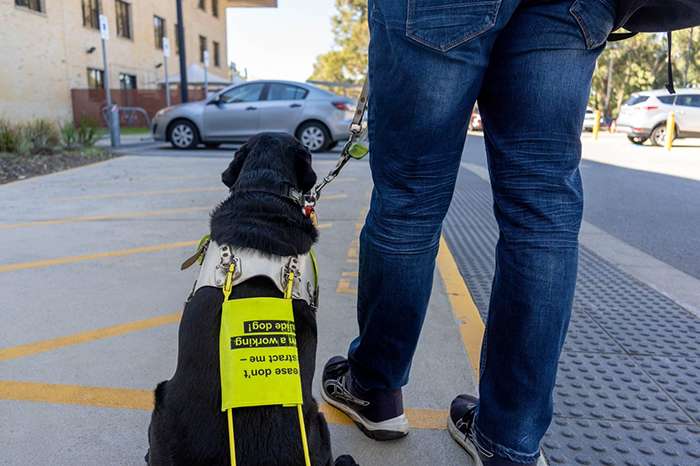 International Day of People with Disability 08 November 2022 Invitation to attend event and panel discussion The Department of Health's Disability Health Network and North Metropolitan Health Service (NMHS) invite you to join us in celebrating International Day of People with Disability 2022. The theme for this year's event is supported decision making in health and will feature keynote speaker, Dr Piers Gooding, and a panel sharing their insights and perspectives on the theme. In addition, there will be launches of the newly updated Hospital Stay Guidelines, North Metropolitan Health Service's updated Disability Access and Inclusion Plan 2022-2027 and the inaugural Staff Disability and Allies Network for WA health staff. Open to all community members, service providers and WA health staff, this is a free event. You can attend in person or online. Information to join online will be sent prior to the event to everyone who has registered. Date: ...
International Day of People with Disability 08 November 2022 Invitation to attend event and panel discussion The Department of Health's Disability Health Network and North Metropolitan Health Service (NMHS) invite you to join us in celebrating International Day of People with Disability 2022. The theme for this year's event is supported decision making in health and will feature keynote speaker, Dr Piers Gooding, and a panel sharing their insights and perspectives on the theme. In addition, there will be launches of the newly updated Hospital Stay Guidelines, North Metropolitan Health Service's updated Disability Access and Inclusion Plan 2022-2027 and the inaugural Staff Disability and Allies Network for WA health staff. Open to all community members, service providers and WA health staff, this is a free event. You can attend in person or online. Information to join online will be sent prior to the event to everyone who has registered. Date: ...
Last Updated:
18/10/2023


